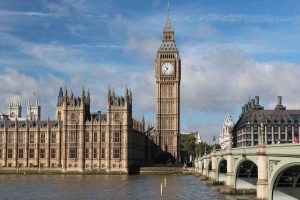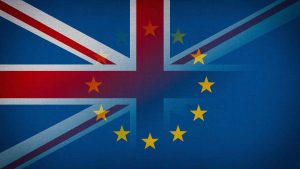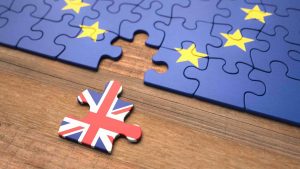Whilst the UK is still part of the EU it can continue to benefit from EU transfers of data as set out in the 1995 Directive (implemented in the UK as the Data Protection Act 1998). These EU rules allow for the free flowing of data across all EU member states; those outside the European Union though, have to prove they have adequate data protection controls in place and anyone within the EU wishing to transfer data to those countries can only do so if the EU have approved the adequacy of data protection or have to put in place contractual obligations to ensure EU data protection standards are upheld.
When the General Data Protection Regulation (GDPR) comes into force in May 2018 this cross-border data flow control won’t change.
However, what will change is when the UK leaves the EU, we will become one of these “third countries”, i.e. a country outside the EU required to prove they have adequate data protection controls in place. And whilst the UK government have already stated there will be a new Data Protection Act which engrains the GDPR into UK law we will still be considered a “third country” in the eyes of the GDPR and EU data flows involving the UK will have to stop or face strict controls.
This point isn’t lost on the UK government who, last week, published a paper, “The exchange and protection of personal data – A Future Partnership Paper“. The paper sets out the case for the UK being considered still part of the EU when it comes to data flows, post-Brexit.
The UK government believes that it will be harmful to both the UK and EU in general’s economy if the UK does not continue to have free-flowing data across EU borders:
The UK is a significant player in global data flows. Estimates suggest that around 43 per cent of all large EU digital companies are started in the UK, and that 75 per cent of the UK’s cross-border data flows are with EU countries. Analysis indicates that the UK has the largest internet economy as a percentage of GDP of all the G20 countries, and has an economy dominated by service sectors in which data and data flows are increasingly vital.
The government is therefore proposing a new UK-EU partnership for the transfer of data across the EU including the UK. Specifically, the government says it’s essential that such a partnership:
- maintains the free flow of personal data between the UK and the EU
- offers stability and confidence for businesses, public authorities and individuals
- provides an ongoing co-operation between the UK and the EU on current and future data protection issues
- protects the UK’s own position on protecting the security of UK citizens
- doesn’t impose unnecessary costs on business
It would seem that clearly it is in the UK’s interest to push this forward and allow the UK to continue to be part of the EU data protection club. The ICO and government have invested a lot of time and resource in getting the GDPR to where it is today, plus as the GDPR will be UK law at the point of Brexit we will have an adequate data protection regime in place, so, in theory, it shouldn’t be too difficult to agree this position. Obviously, time will tell whether the EU want to accept this approach or not and how it might reflect on a deeper-future without the UK as part of the EU.
From a UK business perspective, this is very important to get right. There will be a cost to businesses in the UK if the international transfer of data principles of the GDPR have to apply to the UK not least of all for businesses that provide services using EU data and want to continue to do so going forward without legal hoops to jump through.
For the full UK government paper, see here.
Providing cost-effective, simple to understand and practical GDPR and ePrivacy advice and guidance, via my one-stop-shop helpline. I ❤️ GDPR




